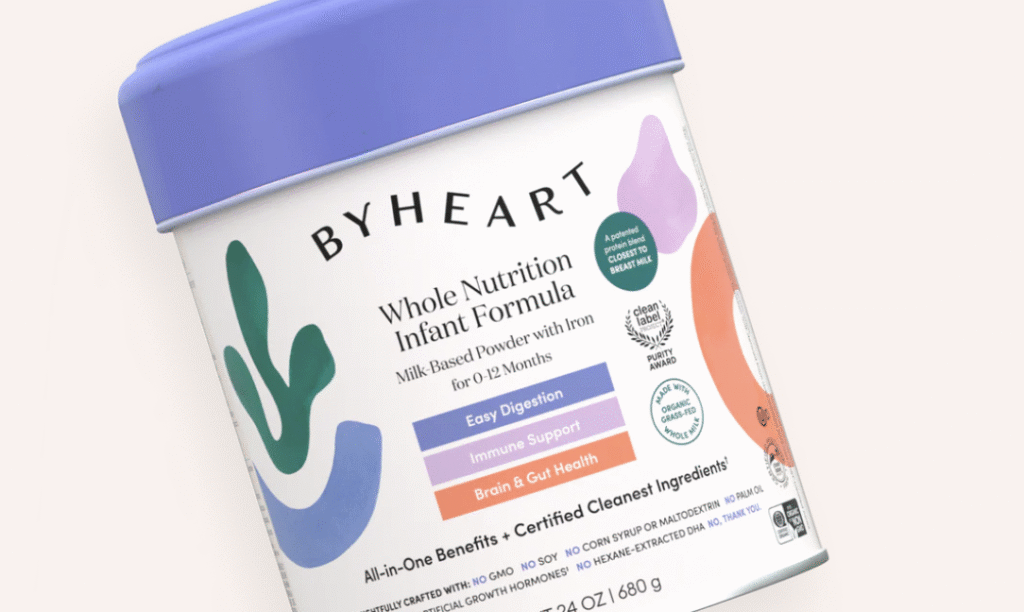Infant botulism
The US sees around 100 cases of botulism in infants each year. The potentially deadly disease is caused by a potent neurotoxin produced by Clostridium botulinum and related species. These bacteria can form hardy spores that are ubiquitous in the environment, including in dust, water, and soil. When the spores germinate, the growing bacteria produce the toxin. This toxin can kill by blocking the neurotransmitter acetylcholine in motor neurons that would activate muscle movement. The result is flaccid paralysis that spreads down the body.
People can develop botulism in a variety of ways, including via infected wounds or by inhaling spores. Generally, foodborne botulism occurs when people eat the toxin directly, such as in improperly canned foods where the bacteria grew. But babies have their own unique form of botulism when they ingest just the spores.
In humans older than about 12 months, the stomach’s acidity is usually enough to kill off botulism-causing spores. But infants have lower gastric acidity, and their immune responses and protective gut bacterial communities aren’t fully established yet. Thus, if they ingest the spores, the bacteria can start growing in their gastrointestinal tracts—and start producing toxin, causing infantile botulism. Symptoms usually develop 10 to 30 days after ingestion. About 70 percent of all botulism cases are in infants.
Honey is one of the most well-known sources of botulism-causing spores for infants, accounting for about 20 percent of cases. But environmental sources are also key culprits, such as living near construction sites as well as dust debris from vacuum cleaners.
The common early symptoms of botulism in infants are constipation, poor feeding, loss of head control, and difficulty swallowing. As the disease progresses, shallow breathing and overall floppiness develops. About half of all babies with botulism will need to be intubated, even if they’re treated with BabyBIG. A century ago, infant botulism had a 90 percent fatality rate, but today most infants make a full recovery, though it can take weeks to months.

